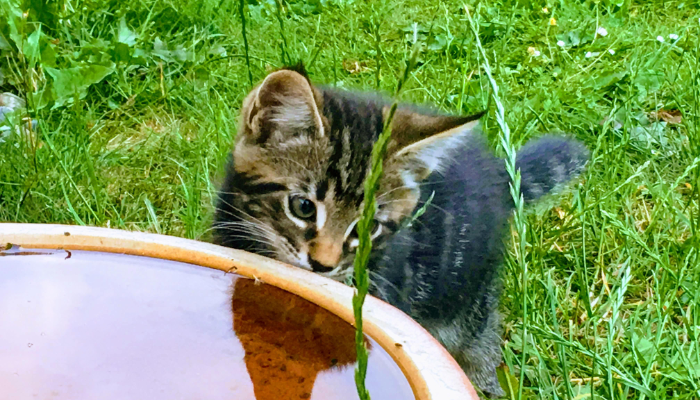Most notable was the ongoing government shutdown meant no members of FDA were present – normally 20+ members of FDA attend AAFCO meetings. That brings our biggest disappointment as we were waiting for FDA feedback after our conversation in December. We had asked the FDA to provide their statutory basis for their zero tolerance policy. Now that government is back in session, we will follow up. Ironically, while the FDA leaders were officially on hiatus, the field inspectors were still inspecting. However, hiatus meant no official or mundane discussions occurred.
Most of the rest of this information is what I see as general interest and potential applicability to our members.
The next interesting fact relates to changes in the AAFCO Board of Directors – state regulatory officials who have never attended an AAFCO meeting are now on the Board. Interesting politics at the least.
The Ingredients Definition Committee (IDC) made a proposal to expedite ingredient definitions – to which we agree. Currently, the process can take years. With the new proposal, an ingredient could be approved in less than 18 months. There is one controversy regarding the new proposal: when an ingredient definition transitions from tentative to official, it will occur automatically. Currently, each tentative ingredient is handled at least one more time by the IDC. In the new proposal, tentative terms would automatically become official, unless the investigator or another group has reason to question the ingredient definition. This means the public of concern will need to pay even closer attention to what is occurring at AAFCO. Next Gen PFMA will do that for you, letting you know of definitions that pertain to our industry; most ingredients which are defined are ingredients our members would never use – like restaurant waste.
AAFCO is developing a standardized process for Independent Conclusion of GRAS (generally recognized as safe). The bottom line is the process is quite similar to formally requesting an ingredient definition, needing just as much safety information. We recommend anyone considering independent conclusion of GRAS complete the formal request for an ingredient definition or change – the safety assessment is the same.
Progress report from the Human Grade working group: the August 2019 AAFCO meeting should see a procedures proposal. While the minutes of the individual working group discussions are confidential, I can verify the work group is adhering to the current definition. Our members who manufacture human grade pet foods have been updated individually through the process; I will continue to provide pertinent updates.
Over the last six months, I chaired a working group to update SUIP’s (Statements for Uniform Interpretation and Policy). Our work group recommendations were presented to the general membership – over 350 people. While the topics covered really have little impact on our manufacturers, what does impact our group is the credibility gained for Next Gen PFMA. Numerous regulators and industry leaders gave kudos for our leadership in taking this role. Relationship building with other players in the industry is critical to the success of any trade association.
There are still opportunities to attend FSPCA/PCQI training. Every company should have at least one person on staff who is PCQI trained. (For those who use a co-packer, the co-packer should take care of this – you’ll need to confirm.)
The Pet Food Institute presented a brief update about DCM (dilated cardiomyopathy); they have tasked a nutrition subcommittee to look at solutions. Reportedly, the committee is looking at processing, bio-availability, and digestibility to determine the link between grain-free kibble diets and DCM. We will be following their updates as well as continuing to collect our own information to present to the FDA.
There will be a one day, abbreviated, pet food labeling workshop held on Thursday, May 2 at the Pet Food Forum. Next Gen PFMA will participate in preparatory organization of the course and the materials.
Next Gen PFMA is participating in new AAFCO working groups.
As just mentioned the Food Labeling Workshop.
Due to our work in the SUIP section as mentioned above, the Pet Food committee formed a work group incorporate SUIP 27 into a pet food regulation. You will be represented on this work group. The SUIP is in regard to chews, bones and toys for pets and specialty pets. Essentially, the products are exempt from certain requirements unless the product makes a claim of providing nutritional value.
Finally, there are new leaders taking over chairing the Pet Food Committee – good people with whom we’ve developed a good working relationship. We’re looking forward to increased transparency in the committees.
That’s the mid year 2019 AAFCO meeting in a nutshell. It has been and continues to be my pleasure to represent you and your manufacturing needs at this forum.


